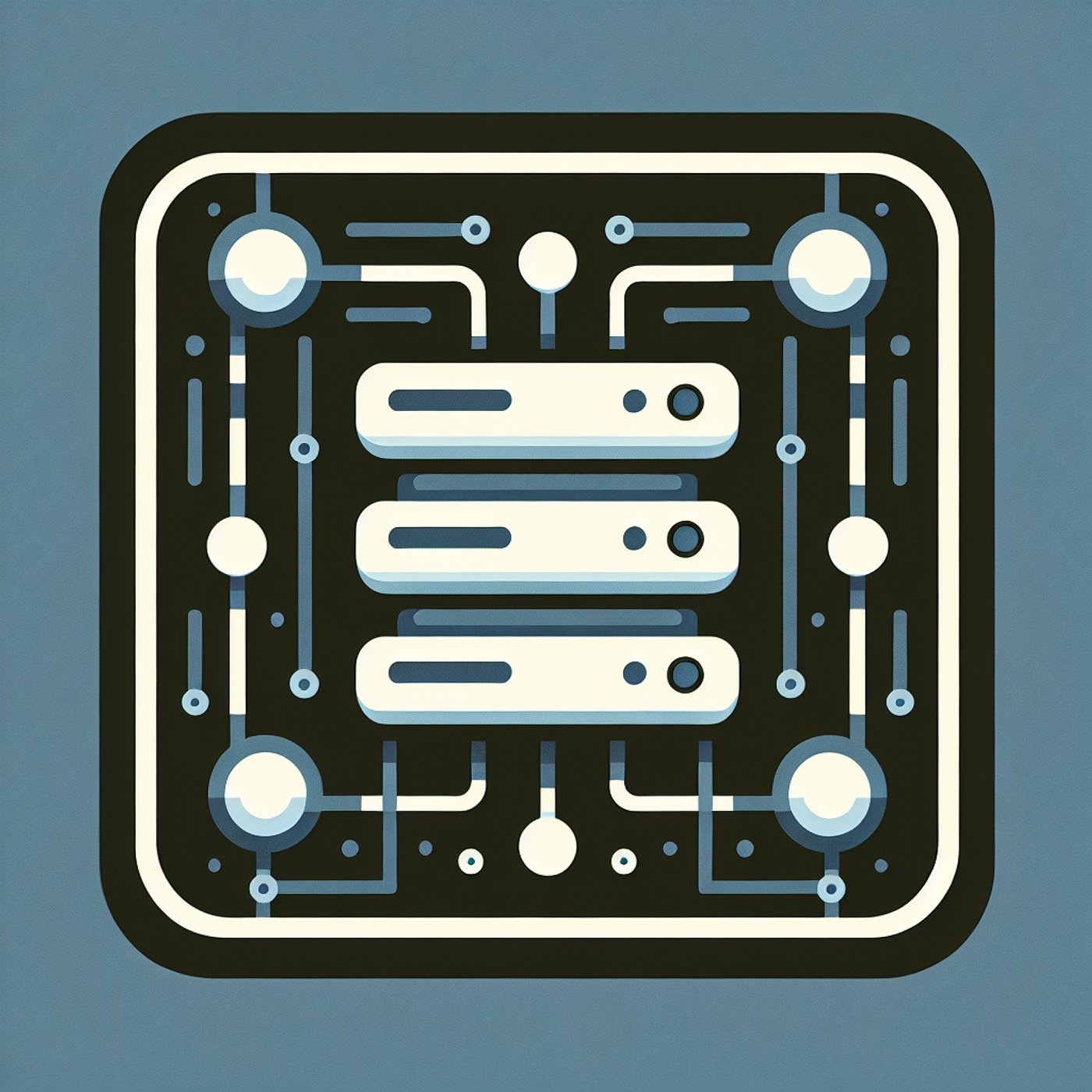
Unlocking AI: Build Your MCP Server in 6 Steps
Description
In this episode, we explore the Model Context Protocol (MCP) and its transformative role in AI development. Our expert breaks down the architecture of MCP, which allows large language models to seamlessly interact with external resources. Learn how to build your own MCP server in six simple steps, and discover the benefits of using this standardized protocol for scalable AI solutions. Whether you're a developer looking to enhance your applications or an AI enthusiast curious about the latest advancements, this episode provides valuable insights and practical tips for leveraging MCP in your projects.
Show Notes
## Key Takeaways
1. The Model Context Protocol (MCP) connects large language models with external tools, enhancing their flexibility and power.
2. MCP architecture consists of three components: the MCP server, client, and host, facilitating seamless communication and request processing.
3. Key benefits of MCP include scalability, reduced redundancy, and avoidance of vendor lock-in for developers.
## Topics Discussed
- What is the Model Context Protocol?
- How MCP enables AI model customization
- Building a custom MCP server in six steps
- Benefits of implementing MCP in AI development
Topics
Transcript
Host
Welcome back to our podcast! Today, we're diving into the world of AI and specifically discussing the Model Context Protocol, or MCP for short. If you've ever wondered how large language models can interact with external tools and resources, you're in for a treat!
Expert
Thanks for having me! MCP is really exciting because it opens up new possibilities for customizing AI models. It allows them to leverage external resources, making them much more powerful and flexible.
Host
That sounds interesting! So, can you explain what exactly MCP is and why it was developed?
Expert
Absolutely! MCP, introduced by Anthropic in late 2024, provides a standardized way to connect large language models with various external tools. Imagine you're trying to get your favorite dish from a restaurant. Instead of going to each restaurant separately, MCP acts like a universal menu that lets you order from multiple places without hassle.
Host
I love that analogy! So, how does this universal menu work in practice?
Expert
Great question! MCP architecture consists of three main components: the MCP server, MCP client, and MCP host. The server is like the restaurant, providing services and resources, while the client is like a customer making requests. The MCP host is the management system that coordinates everything.
Host
So, the host manages the communication between the client and server. Can you give an example of how this would work?
Expert
Sure! Let's say you want to summarize a GitHub codebase. You’d input the URL of the codebase into your MCP client, which sends a request to the MCP server. The server processes this request and sends back a summary. It's all about making the process seamless and efficient for the user.
Host
That sounds super user-friendly! What are some key benefits of using MCP?
Expert
One major benefit is scalability. MCP allows developers to create a single server that can serve multiple clients, reducing redundancy. Also, it avoids vendor lock-in, which means you can switch LLM providers without rebuilding your system from scratch.
Host
That's really helpful for developers! Any final thoughts on why someone should consider implementing MCP?
Expert
Definitely! If you're looking to speed up development and create scalable AI solutions, MCP offers a robust framework. Its standardized approach not only simplifies integration but also enhances the capabilities of your AI applications.
Host
Thank you so much for breaking that down for us! It's clear that MCP is a game-changer in the AI landscape.
Expert
My pleasure! I'm excited to see how developers use MCP to innovate in the future.
Host
And thank you to our listeners for joining us today! If you're interested in AI, be sure to tune in next time as we explore more fascinating topics.
Create Your Own Podcast Library
Sign up to save articles and build your personalized podcast feed.